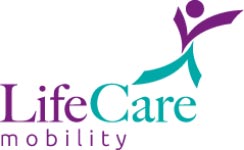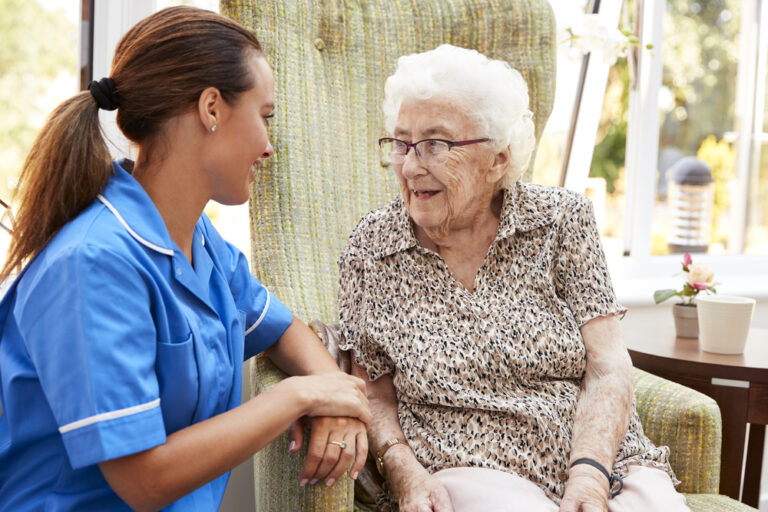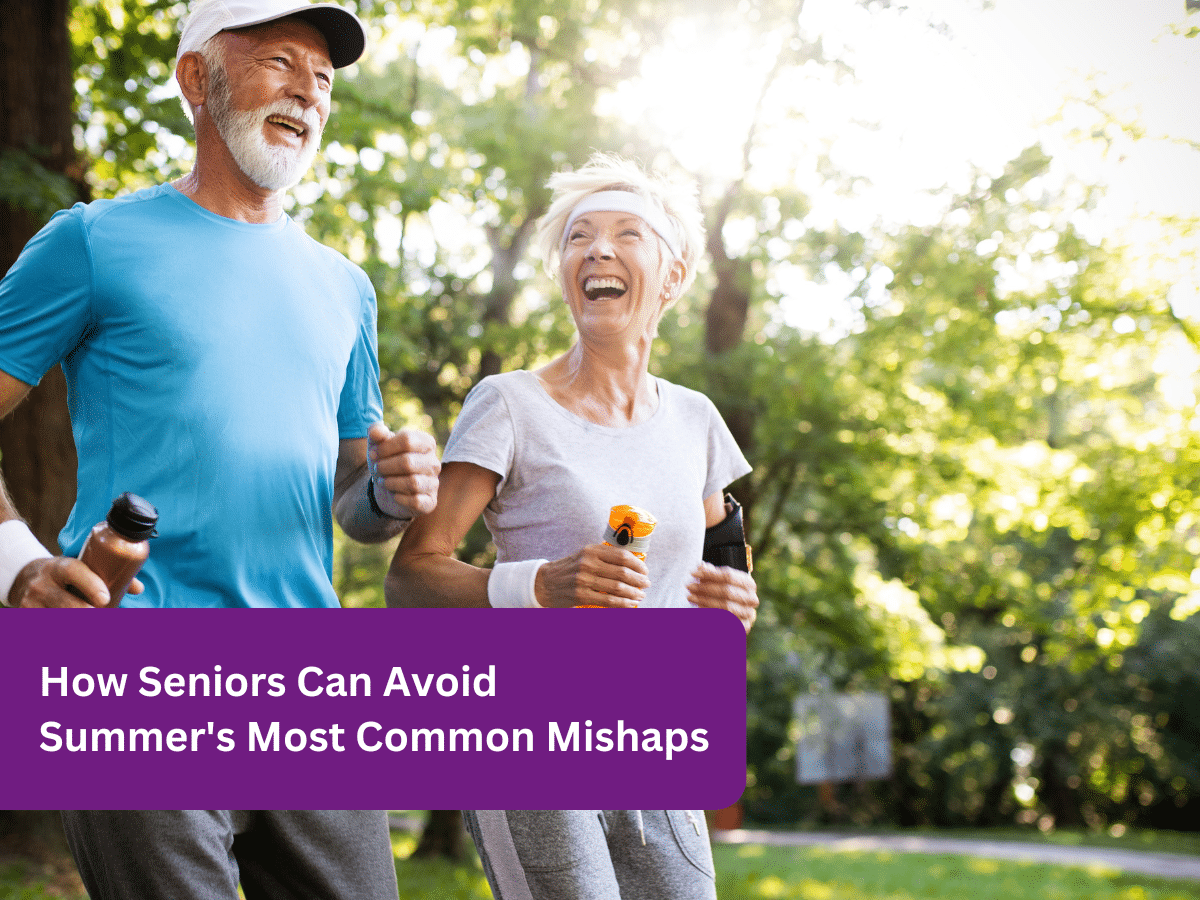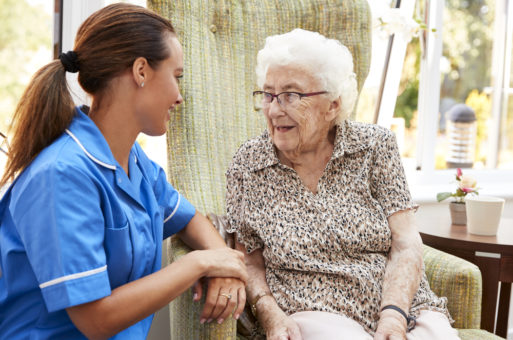
It goes without saying that it’s important to take measures against spreading COVID-19. But, if you have elderly loved ones to care for, your concern is understandably quite substantial. Seniors are at the highest risk of experiencing major health issues if the coronavirus is contracted. So what steps should caregivers take when caring for older adults during this current pandemic?
Limit your contact as best you can.
While ensuring that your elderly loved one is cared for, it’s important to limit your contact with him/her. Ensure that you are providing him/her with food, assistance in getting in and out of bed, help with going to the washroom and any other essential requirement. However, when your care recipient is resting, it is best he/she do it alone. Practicing social distancing is literally our best chance against the potential passing along of any infection.
Use a separate bathroom from the ill person, if possible.
Disinfecting your bathroom with the help of wipes and sprays is absolutely necessary, at this time. However, if it can be helped, use a different bathroom than your care recipient. Once again, the distancing placed between yourself and your elderly loved one is what will prove most helpful in preventing the spread of infection. Remember that it’s just as important to protect yourself as it is your care recipient.
Consider getting someone else to help.
Are you truly the best candidate for providing care to your elderly loved one? Many people who have senior citizens as parents are seniors themselves. In addition, if you have respiratory issues or any other illness that may be exacerbated by COVID-19, it is best you relinquish your caregiving duties right now. As Canada.ca notes, “people who are at higher risk of serious illness from COVID-19 should not care for someone with COVID-19.”
Disinfect all surfaces.
If you’ve touched it, you should disinfect it. Canada.ca recommends cleaning your touch screens (smartphones and tablets) with 70% alcohol wipes. “At least once daily, use household disinfectants or diluted bleach (1 part bleach and 9 parts water) to clean and disinfect surfaces that people touch often (e.g., toilets, laundry containers, bedside tables, doorknobs, phones and television remotes),” the site instructs.
Monitor yourself for symptoms.
How are you feeling? Answering this question honestly is a key in keeping both yourself and your care recipient healthy. Be especially mindful of your past 14 days. If you’re experiencing any symptoms at all – fever, coughing, sneezing – it’s important to go into self-isolation. Finding an alternate caregiver for your elderly loved one is vital during this time.
“If you have had direct contact with body fluids of the ill person (e.g., were coughed or sneezed on when you weren’t wearing a mask), contact your local public health authority for further instructions,” directs Canada.ca, “If you develop symptoms, isolate yourself as quickly as possible and contact your local public health authority for further instructions.
At LifeCare Mobility Solutions, we’d like to offer you as much help as we can give you in caring for your elderly loved one. If you have any questions about our mobility solutions and home healthcare products, please don’t hesitate to call us at 416-267-9800 or email us at info@lifecaremobility.ca. You may also contact us by filling out the form on our Contact page!



